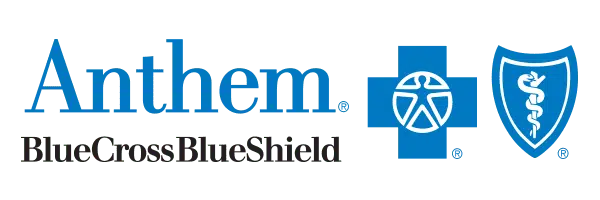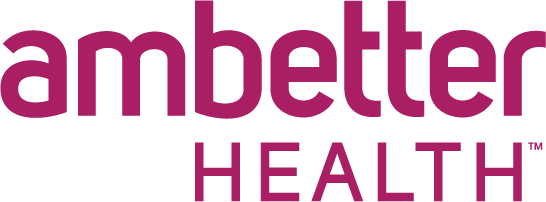
Supporting Teens and Their Families
Support For Mental Health in Teens
With Our Unique Family Oriented Treatment Approach
Our Licensed Clinical and Therapeutic Experts

Dr. Martha Koo, M.D.
Chief Medical Officer

Dr. Martha Koo, M.D.
Chief Medical Officer

Caitlin Artiaga, LMFT
Teen & Adult Mental Health Clinical Director
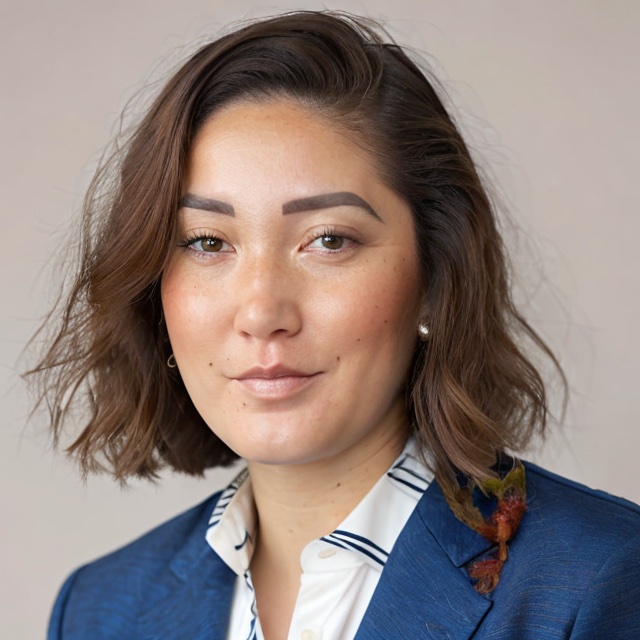
Caitlin Artiaga, LMFT
Teen & Adult Mental Health Clinical Director

Peter Ehrenfried
Teen Mental Health Program Director

Peter Ehrenfried
Teen Mental Health Program Director
Our Teen Treatment Centers Conveniently Located Near You

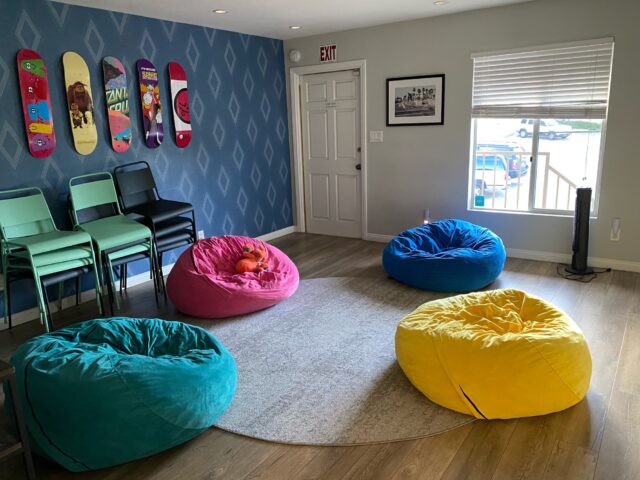


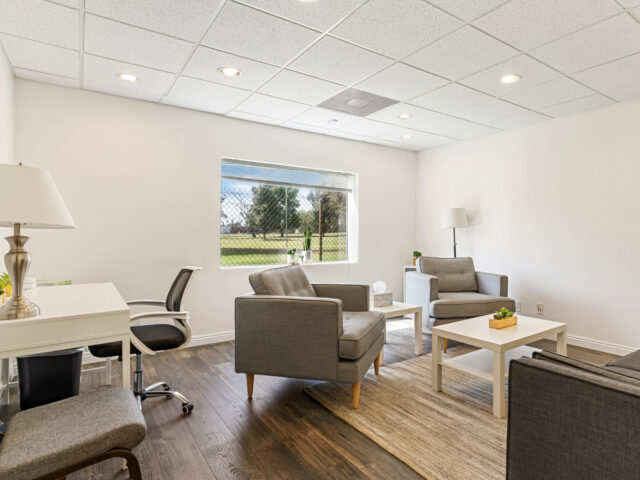

Mental Health Conditions We Treat
Teen Mental Health Support, 24/7
We understand it can feel really overwhelming to navigate your mental health treatment options when it comes to getting help for you or your teen. We want you to know you are not alone and support is only a phone call away.
Our admissions experts help families find the best mental health treatment that works for their unique teen and family every day. We’re here for you, 24 hours a day, 7 days a week to provide support, private and confidential answers to your questions.
Let’s get started:
- Call 877.799.1985 and speak to a member to our care team who will walk you through our program and answer any questions. We accept most major insurance plans and help prospective clients understand their coverage.
- Book a brief, complimentary assessment with our clinical team and receive an intake date, usually within one to three days.
- Meet your clinical team and get started on your path to a brighter you.
Frequently Asked Questions
-
What ages can Clear’s teen program treat?
We recognize the unique stressors that young people of today face— from living in the digital world to struggling with social pressure and identity. To create the highest potential for success, Clear’s teen outpatient program offers clinical, medical, and experiential therapies, including art, music, mindfulness and writing, and helps teens ages 13-17 develop healthy relationships as part of their recovery.
-
How do I determine what type of treatment is best?
Our expert admissions team is standing by to provide private and confidential answers to your questions, and help you determine which level of care is best for your teen’s unique health goals and needs.
-
How do clients manage treatment and school?
At Clear, we’re proud to offer academic support to help teen clients balance recovery and academic progress— two things that are essential to improved wellbeing. Throughout our program, an academic consultant works with clients twice a week to help with organization and structure. Additionally, our team can coordinate with schools to advocate for additional resources in the classroom.
-
Are parents/guardians involved in treatment?
We understand family participation is key to sustainable healing. At PHP and IOP levels of care, we engage families in multi-family therapy groups, monthly family sessions, and weekly family updates. Our approach ensures clients and their families benefit from supportive community alongside our licensed and credentialed experts.
-
What about insurance?
At Clear Behavioral Health, we understand that when families seek mental health treatment for their teen, cost is an important factor. That’s why we are proud to be in-network with most commercial Insurance plans. Though individual policies and coverage vary, it’s important to our team that each client has full cost transparency before starting treatment. We work with most major insurance companies, both in and out of network, to minimize the out-of-pocket cost for families.
-
How does teen and adolescent programming work?
In Clear’s outpatient program, teens typically have a structured daily schedule that includes individual and group therapy sessions, experiential modalities, and dedicated time to focus on life skills. We offer a wide-range of evidence-based modalities to help teens build self-worth and collaborative relationships, including experiential therapy options like art, mindfulness and more. Most teens start at the PHP level of care and participate in immersive therapeutic programming 5 days a week for 6 hours a day. After PHP, clients step down into IOP and participate 3 to 5 days a week for 3 hours a day.
-
Is teen therapy and outpatient programming the same thing?
Teen outpatient treatment includes therapy and much, much more. Clear’s teen PHP, IOP and OP provide a wide range of therapeutic and experiential treatments including individual therapy, group therapy and counseling in a supportive community of peers.
-
What does the treatment team at Clear look like?
Each client’s treatment team includes an individual therapist, experiential practitioners, credentialed group facilitators, academic counselors, medical experts such as doctors and psychiatric nurse practitioners, and a counselor dedicated to developing a life skills and an after-care plan following treatment.
-
Is there a waitlist?
Clear Behavioral Health offers rolling admissions to ensure we can get our clients the help they need as quickly as possible. Our admissions process is rapid, typically 24-72 hours, and our centers offer safety, comfort and natural beauty, allowing clients to heal within a tranquil and supportive setting.
-
How does the admissions process work?
Our admissions team is always available to ensure prospective clients and their families remain informed and comfortable during the admission process. We know how important it is for those seeking help to understand their treatment and coverage options. Once you call our admissions team, they will guide you through the intake process, which includes insurance verification and a complimentary assessment to assist you with placement into the most appropriate program. If you decide Clear is the right fit for your teen, the next step is logistical planning for their intake date and first day of treatment.
-
Can I schedule a tour?
Yes, we love showing off our centers! Contact our team by phone and we can arrange a day and time that works best with your schedule.
-
Don’t see your question here?
Let’s fix that. Give our expert team a call or schedule your free consultation.

